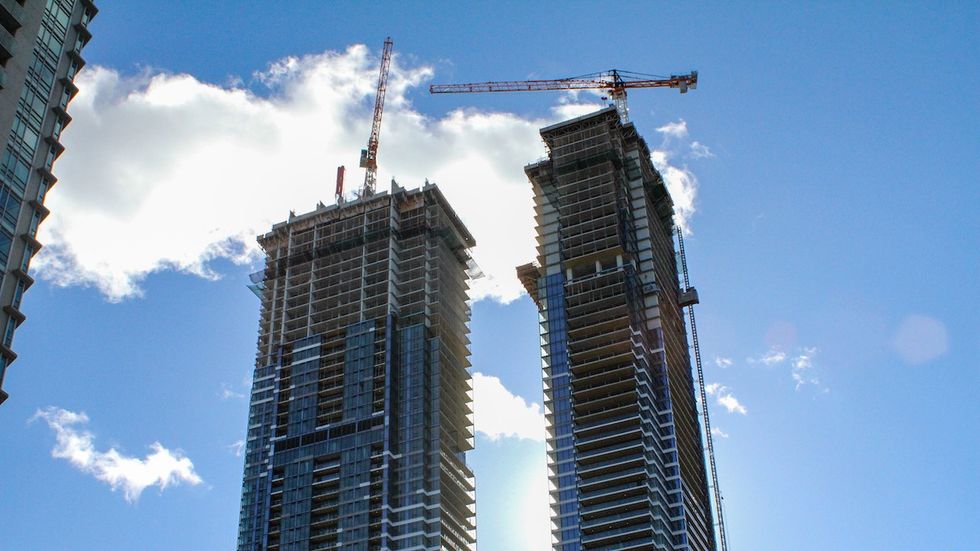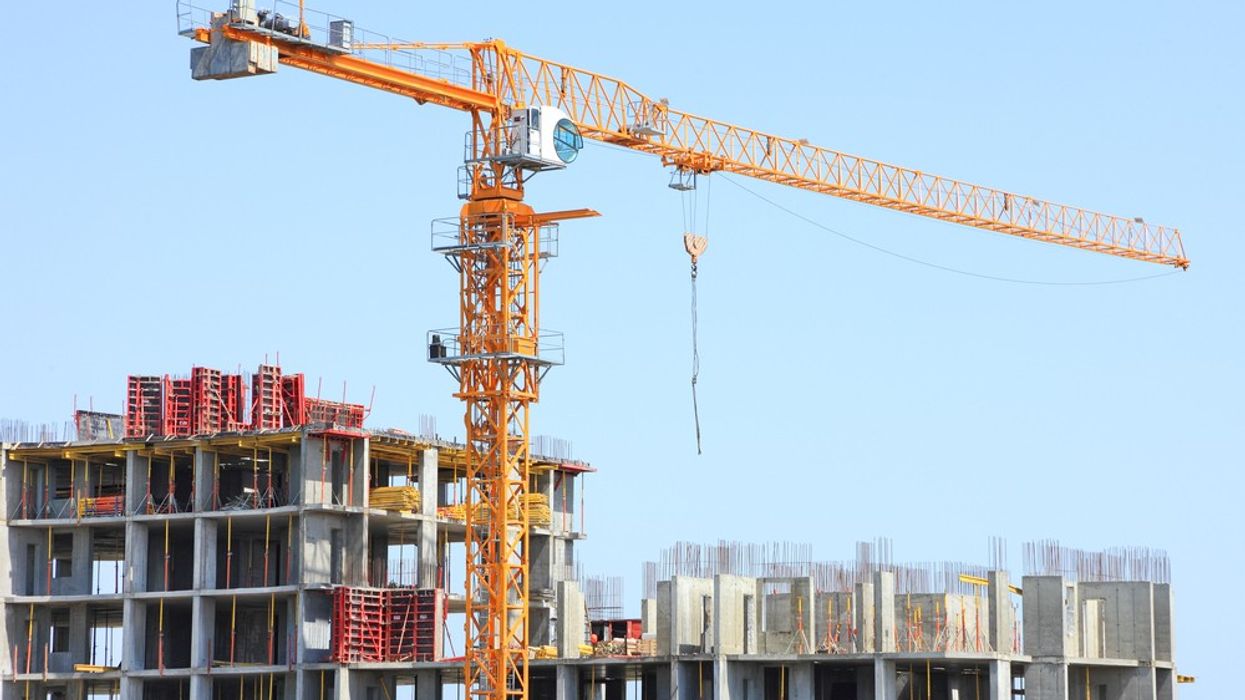The Canadian housing market is one characterized by contradictions as of late. At a time when housing starts have plummeted, yet a perpetual narrative of a severely undersupplied market prevails, Toronto condo development fees have (rather quietly) increased. Again.
On May 1, development charges on Toronto condos increased 20.7% – a move that critics said will only hurt housing affordability. The increase in fees was an expected one; back in July 2022, the City of Toronto voted to raise development charges by nearly 50% in a phased approach. But what does appear to come as a surprise to many local developers is another fee hike that went into effect on June 6 as a result of Bill 185.
“The development charge rates are adjusted to reflect Provincial changes to the Development Charge Act through Bill 185, Cutting Red Tape to Build More Homes Act, effective June 6, 2024,” reads the City of Toronto website. It explains that development charges are used to pay for infrastructure costs to support the new development, including roads, transit, water, community centres, and police facilites.
The thing is, many people were in the dark about these new fees. And they’re not exactly a welcome surprise in the already embattled development community. “I can’t speak for everyone, but I certainly wasn’t aware until a few days later [after June 6], when a cost consultant informed me,” says Matt Young, President and CEO of Republic Developments. “Based on the lack of reactions to it online before my post, I think much of the industry was caught off guard by it.”
Basically, development projects going through the application process today are going to cost more to build, and home prices are going to go up as a reult, says Young. Earlier this week, he took to X to highlight that rates are up 42% from less than a year ago. He outlines how development costs for a one-bedroom condo have gone from $37,081 in August 2023, to $44,774 in May 2024, to $52,676 in June 2024.
Between persistently high interest rates and sky-high costs to build, developers aren’t having an easy run lately. Toronto has seen construction costs rise a whopping 40% between 2020 and 2023 – the second-highest in the world. “Housing costs are already unaffordable and these taxes force homebuilders to raise their prices even further,” says Young. “This is killing an already broken system, not to mention, the government won’t even collect many of these taxes as housing starts continue to plummet.”
Already, the Greater Toronto Area (GTA) is seeing few new project launches, as developers wait for interest rate drops to make a notable impact on the market.
“Homebuilders want to build, but they need customers to be able to buy their homes, and when prices are too high, customers can’t afford to buy,” says Young. “That’s where we are today, and this new tax increase will absolutely slow down construction further, making it even more challenging to correct, as the market attempts to recover as interest rates begin their drop.” In the meantime, the current system isn’t sustainable, says Young.

“The tax regime is an unsustainable one for the City of Toronto, and completely unfair to new homebuyers and renters,” says Young. “We are saddling them with the costs to fund our infrastructure, while wealthy homeowners get nearly a free ride.”
So, what’s a better solution to raising development tax? Somebody has to pick up the infrastructure tab, after all.
“Property taxes need to increase in Toronto slightly, paired with a significant development charge reduction, so the costs are shouldered by everyone evenly,” says Young. “This starts with MPAC reassessing home values, which are eight years out of date. Even if this happened, Toronto would still have one of the lowest property tax rates in the country. This will ensure that the city has a more sustainable tax base, which isn’t tied to construction starts, and ensure costs are shared more evenly across the entire population. ‘Many hands make light work,’ as they say.” *
* (It’s worth noting that Municipal Property Assessment Corporation (MPAC) assessments based on current market values distribute property taxes; they do not determine the total amount of property taxes collected. Local governments decide how much tax to collect and are required to adjust their tax rates to offset the average change in property values due to reassessment).
The next scheduled adjustment of the City of Toronto’s development charge rates is May 2025.





















